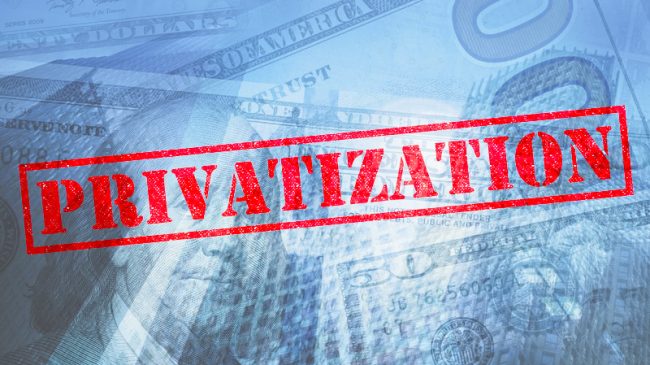In October 2023, Kenya took a significant step towards economic reform with the establishment of the Privatization Act.
This legislative milestone provides a structured framework for the privatization of public entities in the country. Privatization, as defined by the Act, involves the transfer of assets and liabilities of a public entity, including its shares, to private entities. The overarching aim is to leverage private expertise and capital to enhance infrastructure and public service delivery.
At its core, the Privatization Act aims to establish the Privatization Authority and lay down regulatory and institutional frameworks for effective privatization implementation. This initiative is driven by several objectives, including encouraging private sector participation, improving infrastructure and public service delivery through private capital and expertise, and alleviating the burden on government resources.
The Act designates the Cabinet Secretary with pivotal functions, such as providing policy direction, coordinating adherence to national and international obligations, and developing the privatization program. Additionally, the establishment of the Privatization Authority underscores the importance of expert guidance in privatization endeavors. The Authority’s responsibilities include advising the government, facilitating policy implementation, monitoring compliance, and executing the privatization program.
Recognizing the significance of public opinion, the Act mandates thorough stakeholder engagement before undertaking any privatization initiative. The involvement of citizens, affected organizations, and domain experts ensures transparency and accountability throughout the process.
This inclusive approach fosters a nuanced understanding of potential impacts and fosters trust in the privatization process. Before finalizing any privatization program, the Cabinet Secretary meticulously evaluates various factors, including anticipated benefits, policy alignment, and potential monopolistic outcomes. Upon approval, the program undergoes scrutiny by the National Assembly for ratification. Once ratified, the program is published in the Kenya Gazette, signaling its validity for a five-year period.
The Privatization Authority plays a pivotal role in ensuring the success of the privatization program. Through mechanisms like public share offerings, tender sales, and pre-emptive rights exercises, the Authority fosters public participation in the privatization process.
When identifying entities for privatization, comprehensive proposals are prepared, detailing the entity’s purpose, financial status, and implementation costs. During the privatization process, public entities are allowed to continue their ordinary course of business, albeit with restrictions on incurring liabilities or procuring assets without prior approval. This safeguard ensures operational continuity while safeguarding the interests of the government and potential buyers. Once finalized, privatization agreements are signed and published, providing transparent documentation of the process.
The Privatization Act 2023 represents a pivotal moment in Kenya’s economic landscape, signaling a commitment to reform and progress. By embracing privatization, the country aims to harness private sector dynamism to enhance infrastructure and public service delivery while ensuring transparency and accountability.
As the privatization program unfolds, effective implementation, stakeholder engagement, and regulatory oversight will be critical to realizing its intended benefits and fostering sustainable economic growth.

















